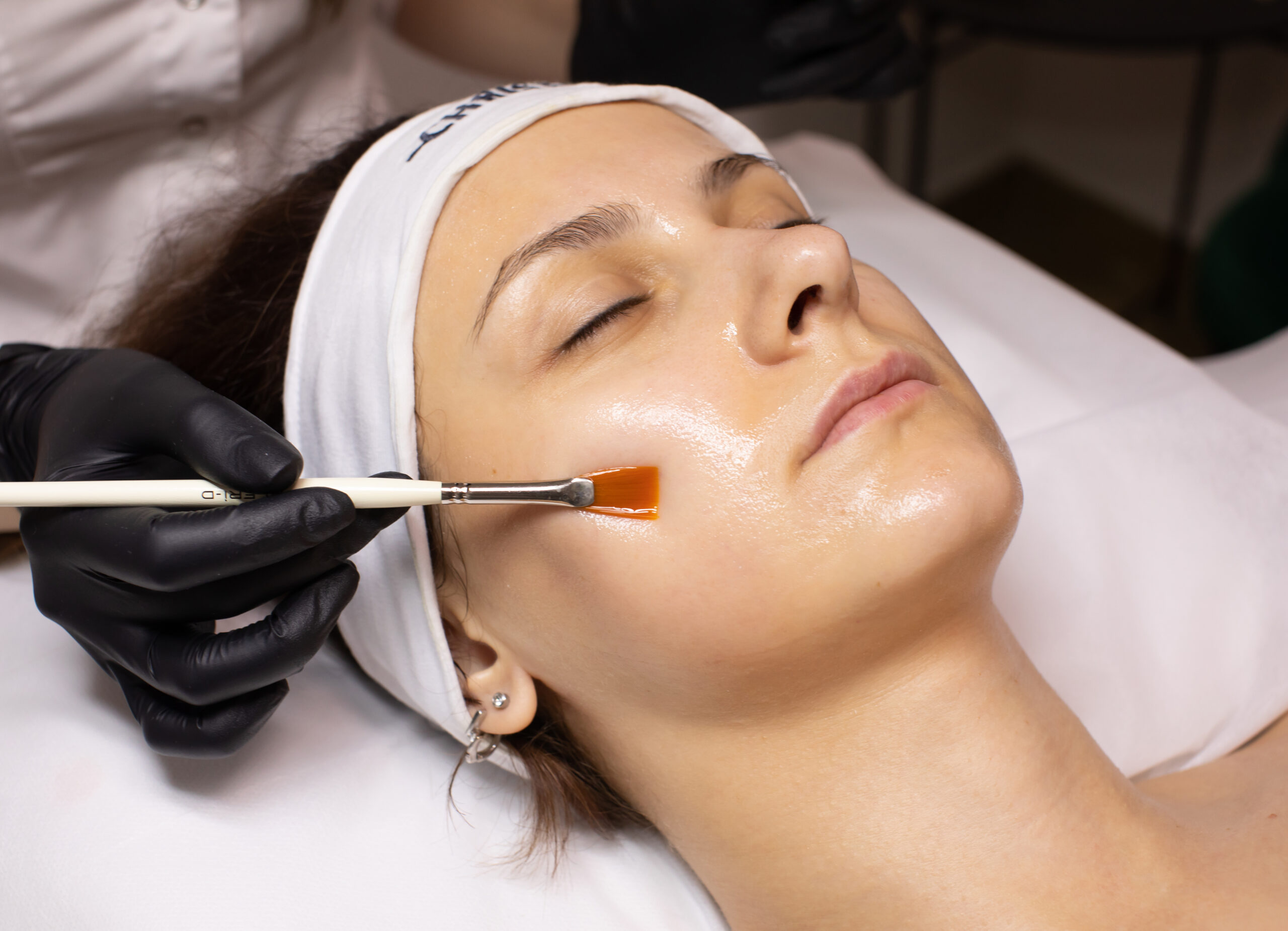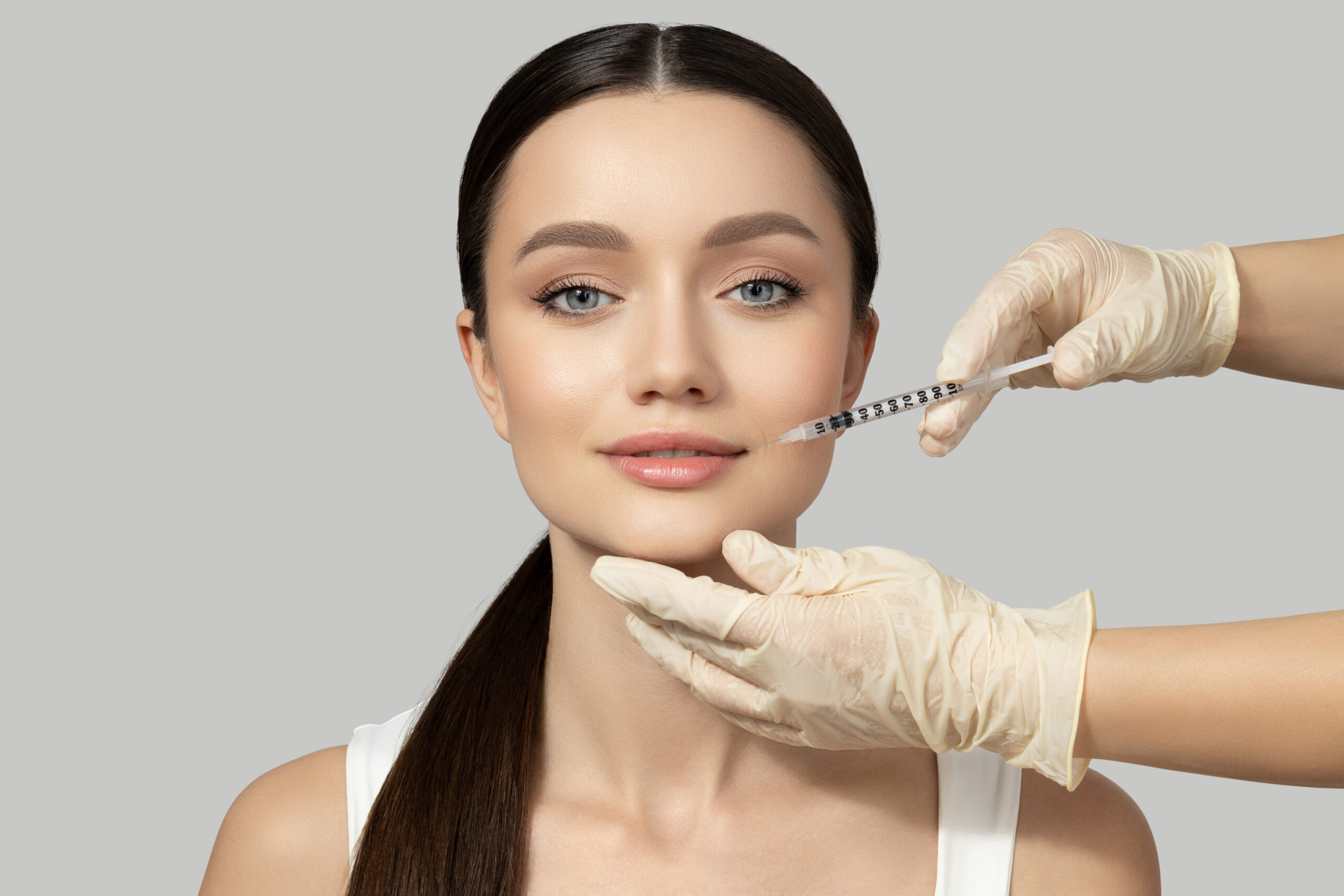
- By: auraskinandhaircosmeticclinic@gmail.com
- 23/08/2024
The Psychological Impact of Cosmetic Treatments Explore how cosmetic treatments can affect self-esteem and mental well-being.
Psychological Effects of Cosmetic Treatments: Understanding the Impact
Cosmetic treatments can significantly influence self-esteem and mental well-being. These effects vary based on personal expectations, social influences, and the specifics of the treatment. Here’s a look at how cosmetic procedures can impact psychological health:
Positive Psychological Impacts
Enhanced Self-Esteem and Confidence
- Improved Appearance: Many individuals experience a boost in self-esteem and confidence after cosmetic procedures that enhance their physical appearance.
- Increased Self-Acceptance: Positive changes can foster self-acceptance and comfort with one’s appearance, enhancing overall well-being.
Social and Professional Benefits
- Improved Social Interactions: Increased confidence often leads to more positive social interactions and relationships.
- Career Advancement: Enhanced self-image can positively affect professional life, potentially aiding in job interviews and workplace presence.
Emotional Well-Being
- Reduced Anxiety: Cosmetic procedures can alleviate anxiety related to body image issues, contributing to a more positive outlook.
- Increased Happiness: Achieving aesthetic goals can result in greater happiness and contentment.
Negative Psychological Impacts
Unrealistic Expectations
- Disappointment: Results not meeting expectations can lead to frustration and disappointment.
- Persistent Dissatisfaction: Some individuals may continue to focus on perceived flaws, leading to ongoing dissatisfaction and a desire for more procedures.
Psychological Dependence
- Dependency on Procedures: Frequent cosmetic treatments can lead to an unhealthy focus on appearance and dependency on procedures for self-esteem.
- Self-Worth Tied to Appearance: Overemphasis on physical appearance can undermine self-worth.
Social and Relationship Dynamics
- Judgment and Criticism: Noticeable cosmetic changes may lead to judgment or criticism from others, impacting self-esteem.
- Relationship Strain: Changes in appearance can create tension in personal relationships, especially if others have differing views on cosmetic treatments.
Body Dysmorphic Disorder (BDD)
- Exacerbation of BDD: For those with Body Dysmorphic Disorder, cosmetic treatments may worsen preoccupation with perceived flaws and increase mental distress.
Strategies for Managing Psychological Impacts
Setting Realistic Expectations
- Thorough Consultation: Discuss expectations with your provider to ensure they are achievable and informed.
- Education: Understand the procedure, recovery, and realistic results to manage expectations effectively.
Focus on Overall Well-Being
- Holistic Approach: Incorporate cosmetic treatments into a broader focus on mental and physical health.
- Mental Health Support: Seek professional help if you struggle with body image issues or emotional challenges related to treatments.
Healthy Perspectives on Appearance
- Self-Compassion: Focus on aspects of yourself beyond physical appearance and practice self-compassion.
- Positive Reinforcement: Acknowledge the benefits of treatments while reinforcing positive self-regard.
Balanced Approach to Treatments
- Avoid Overreliance: Maintain a balanced view of cosmetic treatments and avoid excessive reliance on them for happiness.
- Evaluate Motivations: Regularly assess your motivations for treatments to ensure they align with your overall well-being.
Conclusion
Cosmetic treatments can offer substantial psychological benefits, including increased self-esteem and confidence. However, they also pose risks if expectations are not managed or if underlying psychological issues are exacerbated. By setting realistic expectations, focusing on overall well-being, and maintaining a balanced perspective, individuals can enhance their cosmetic treatment experience and promote positive mental health.

